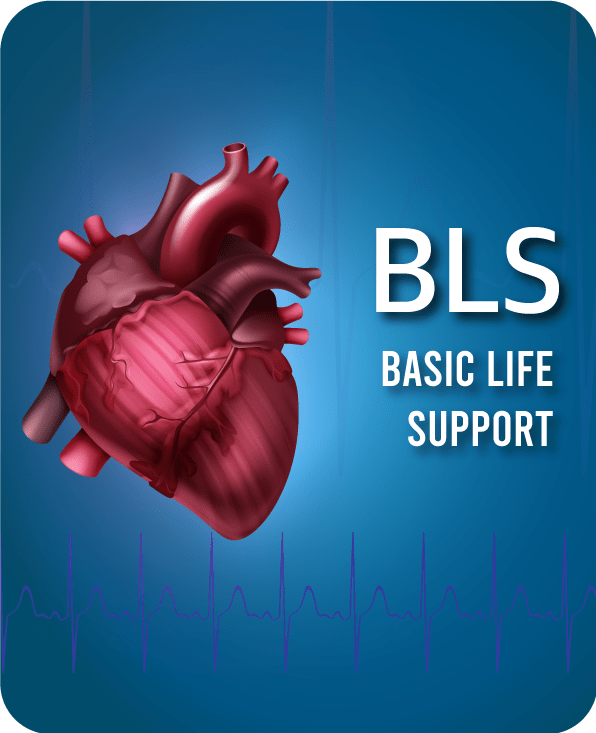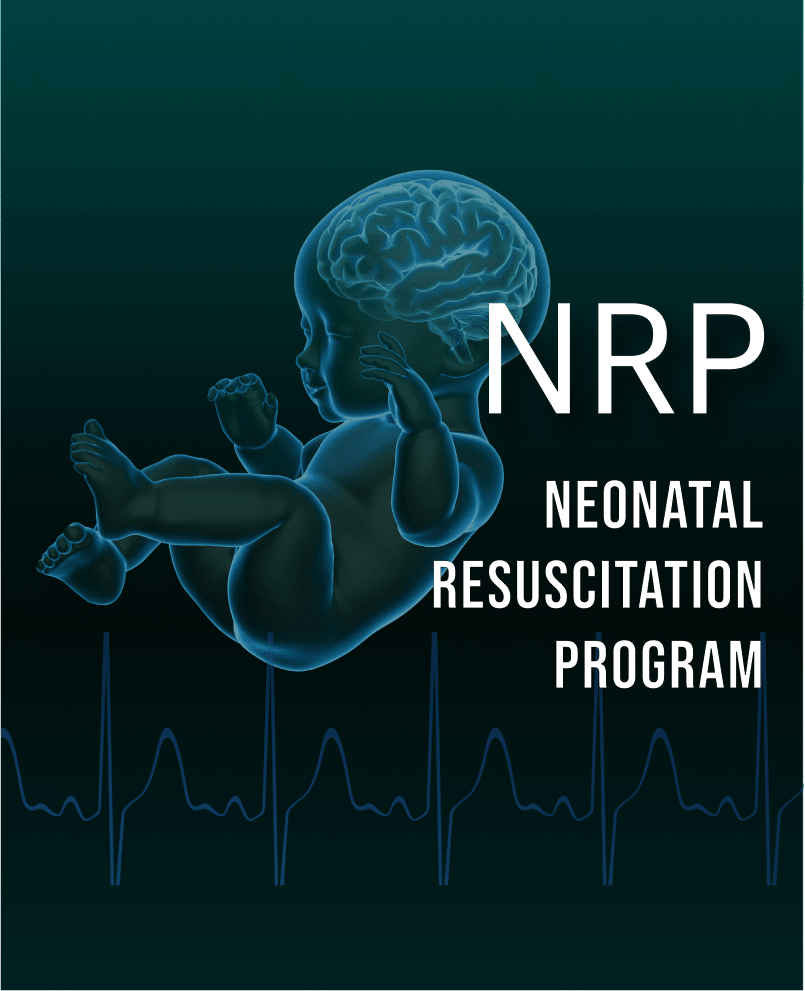More than 64 million people globally are affected by heart failure, which is a cardiovascular condition where the heart muscle is unable to pump enough blood for the body. Heart failure can occur if the heart muscle is damaged by infection, illegal drug use, high blood pressure, a congenital heart defect, heart attack, irregular heart rhythm, certain diseases including diabetes and coronary artery disease, and cigarette smoking.
A new study reported that people who use e-cigarettes have a much higher risk of developing heart failure compared to those who have never vaped. Although some studies have been conducted on the association between vaping and cardiovascular diseases, there is a knowledge gap when it comes to heart failure. Upon analysis, researchers found that people who use e-cigarettes even once in their lifetime are 19% more likely to develop heart failure than those who never used them.
A recent meta-analysis in NEJM found that vaping increased the risk of cardiovascular disease among others. Animal studies have also found changes in the heart leading to reduced contractility and relaxation after exposure to e-cigarettes. Scientists also found that e-cigarette use had the most significant impact on a certain type of heart failure. Within this study, researchers also report that increased heart failure risk is linked to e-cigarette use and was statistically significant for heart failure with preserved ejection fraction. Conversely, the association was not significant for heart failure with reduced ejection fraction.
Heart failure with preserved ejection fraction, also known as diastolic heart failure, occurs when the heart can pump normally, but the muscle is too stiff to allow it to correctly fill with blood. Heart failure with reduced ejection fraction happens when the heart muscle is weakened, and the left ventricle is not able to contract strong enough to move blood.
The traditional medicines used to treat heart failure have fewer mortality benefits in this type of heart failure. As such, its management should include strategies to prevent it from developing in the first place. Knowing that e-cigarettes could potentially lead to this type of heart failure is important in drawing up preventive interventions. E-cigarettes have been known to have nicotine as well, and cigarette smoking has been known to increase the risk of heart failure, so it makes sense that we might see this with e-cigarettes. This should really lead to more public outreach campaigns and public service announcements regarding the safety of e-cigarettes.
Journal Reference – bene-alhasan, yakubu, Mensah, S. O., Almaadawy, O., Dwumah-Agyen, M., Pingili, A., Mlilo, M., & Osei, A. D. (2024). Journal of the American College of Cardiology, 83(13), 695. doi:10.1016/s0735-1097(24)02685-8











